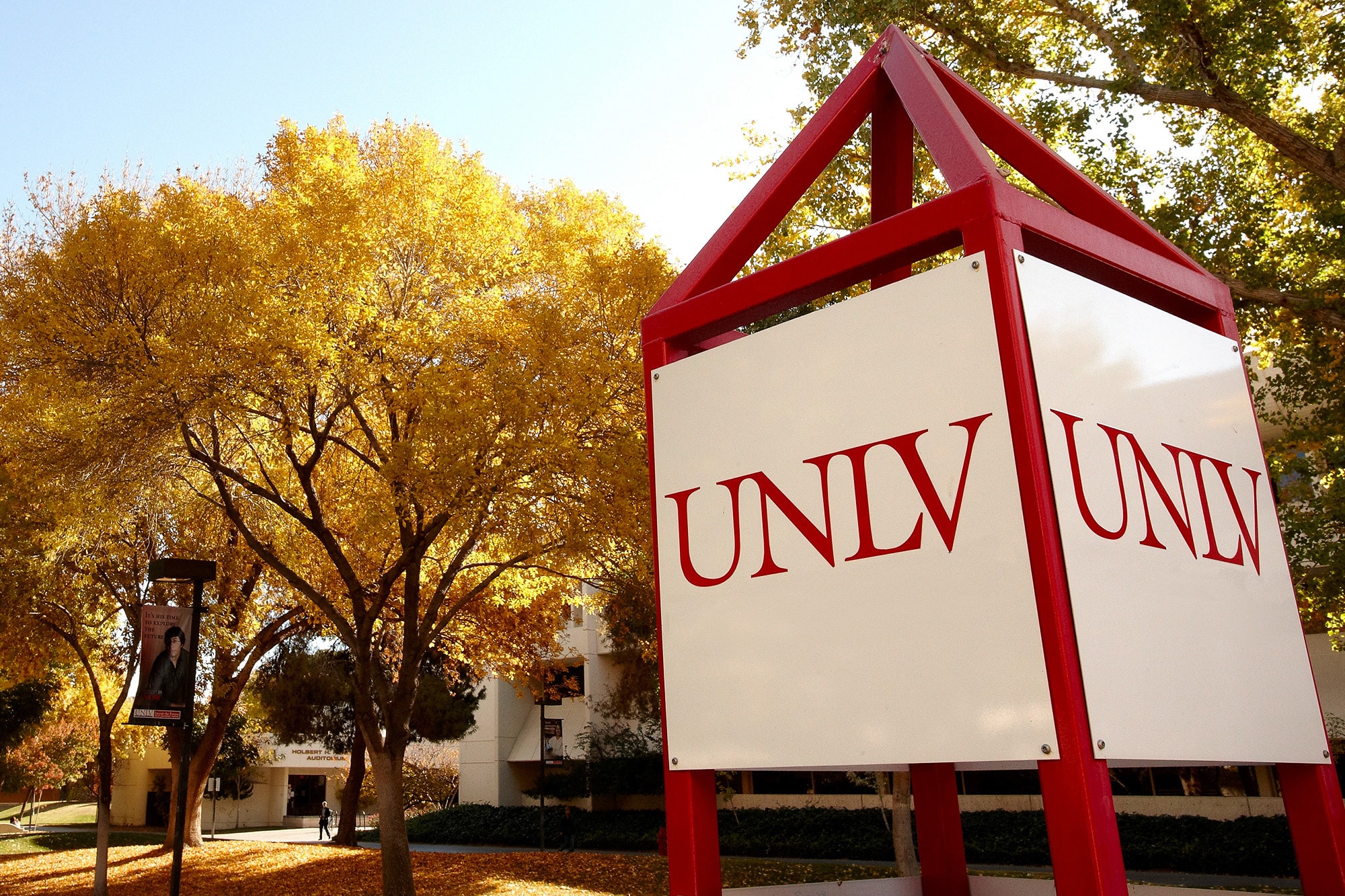UNLV's William S. Boyd School of Law and the Center for Democratic Culture (CDC) will present a symposium, "The Law and Politics of Tort Reform: Local and National Developments," from 9 a.m.-3:30 p.m. April 25. The event, which is part of the center's Justice and Democracy Forum Series, will be held at the William S. Boyd School of Law, Room 102. It is free and open to the public. CLE credit is available.
This two-part symposium will bring together commentators from academia, politics, business, and the professions to address legal and public policy aspects of the current tort reform debate and controversy.
The first session, titled "Current Legal Issues in Tort Reform," will be held 9 a.m.-noon. Topics will include construction defect litigation, medical malpractice, and public policy. The second session, "Legislative, Political, and Historical Aspects of Tort Reform," will be held 1-3:30 p.m. Discussion is moderated by Professor Jeffrey Stempel, William S. Boyd School of Law.
Speakers include Steve Hill, chairman of the Coalition for Fairness in Construction; Constance Akridge, president of the Clark County Bar; Dean Hardy, former president of the Nevada Trial Lawyers Association; Randall Jones, Harrison, Kemp & Jones; retired Arizona Supreme Court Justice Stanley Feldman; Michael Green, Wake Forest University School of Law; Nancy Udall, Common Good; Mark Ferrario, O'Reiley & Ferrario law firm; Betsy Gonzalez, Gonzales & Associates; Scott Caneppa, of the Vannah, Costello, Canepa, Riedy, Rubino, & Lattie; Nancy Quon and Richard Harris of the Mainor Harris Lawyers. University community is represented by the William S. Boyd School of Law professors Ann McGinley, Carl Tobias, Robert Correales; and Jeffrey Stempel; as well as William Robinson of the UNLV School of Business.
A lunch in honor of conference participants will be held noon-1 p.m. and will cost $24 per person. To make a lunch reservation, send an e-mail to cdclv@unlv.edu.
UNLV's Center for Democratic Culture promotes civic education and civility in public discourse through research, scholarly exchange, and community-based programs. It works closely with local organizations in staging forums on the problems of democracy, conducting seminars on the issues central to local community, developing innovative programs in civic education, and building ties to fledgling democracies.



